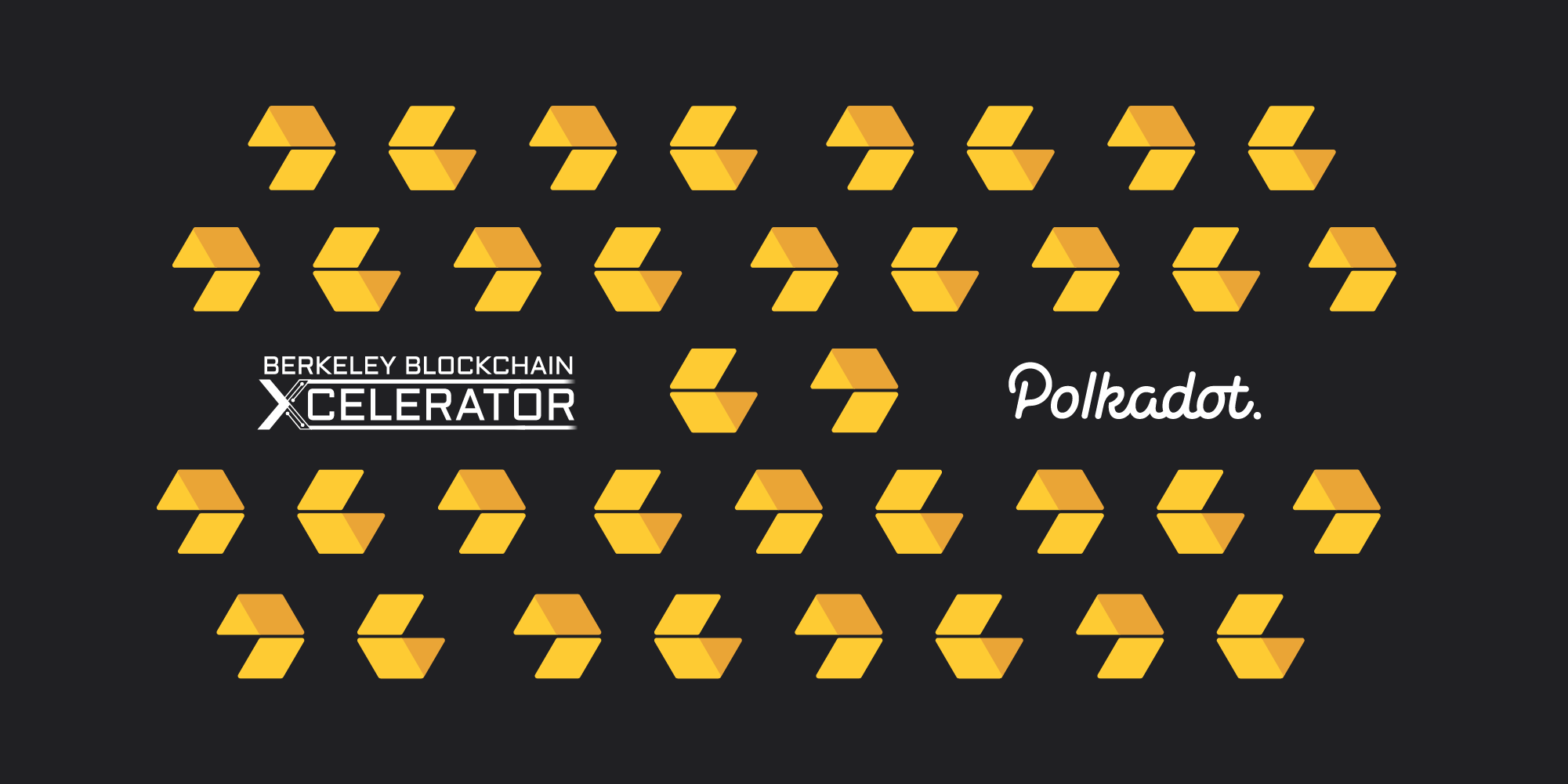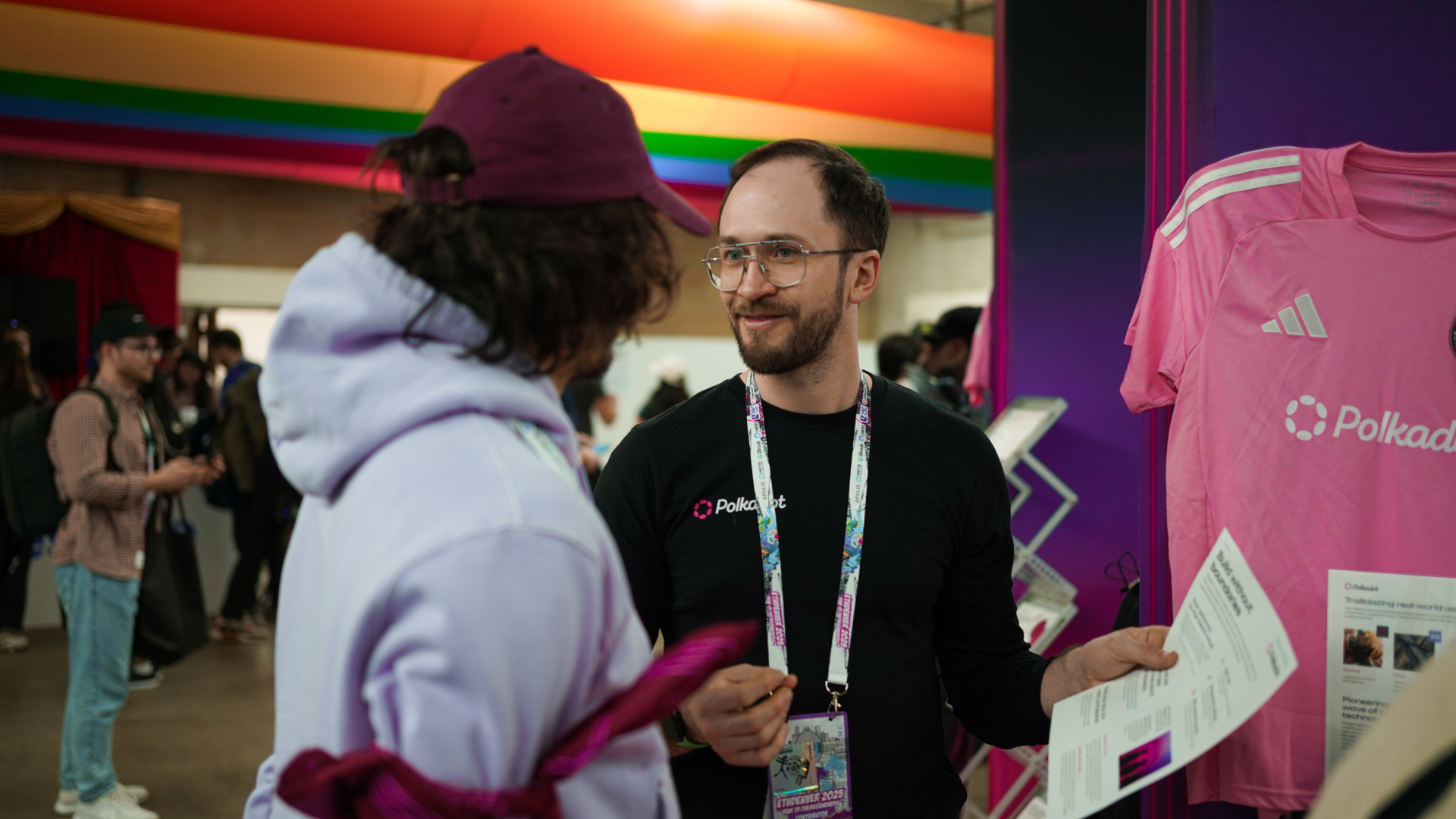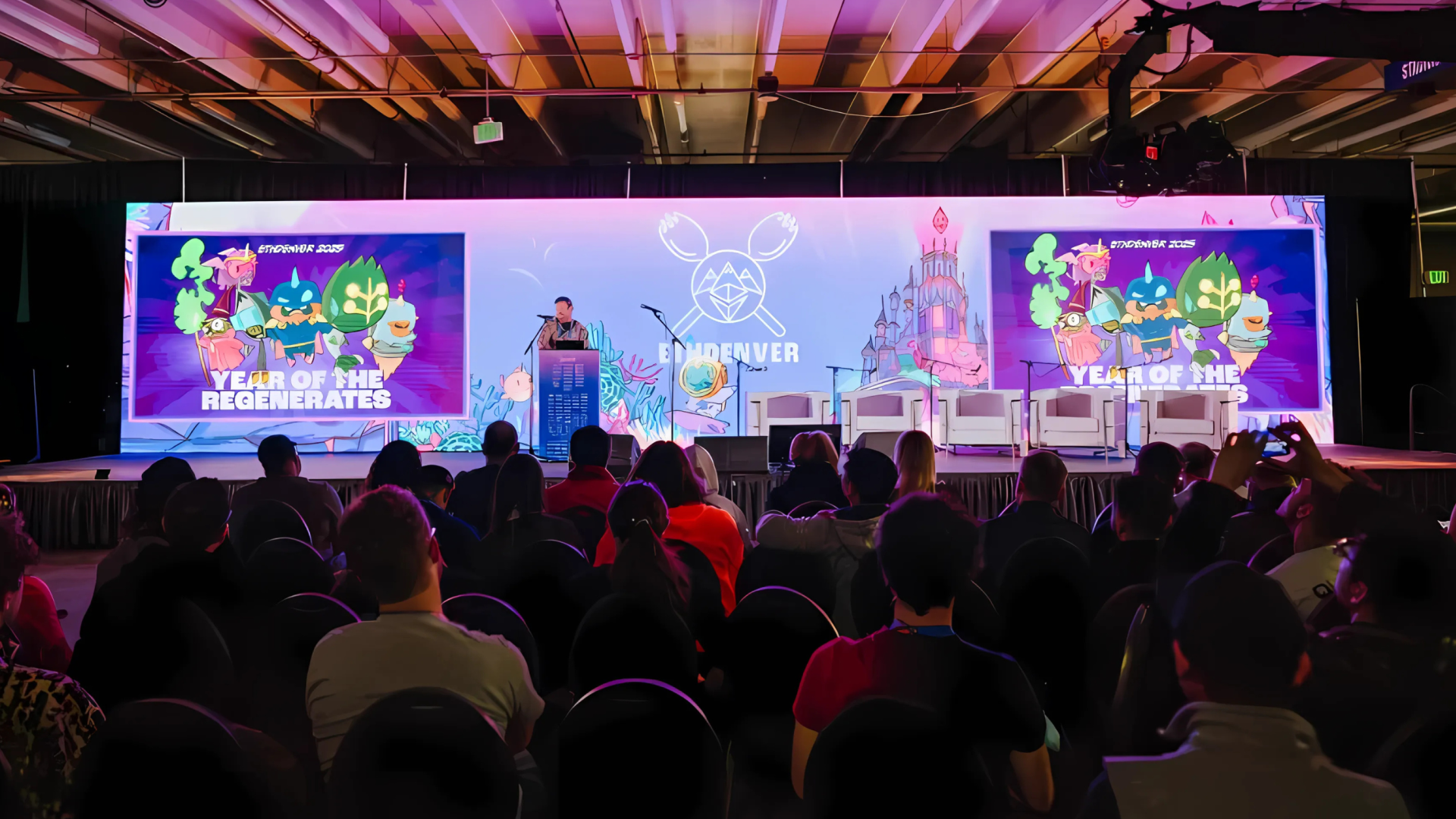Berkeley Blockchain Xcelerator Selects Four Polkadot Projects for Spring 2020 Cohort
The Berkeley Blockchain Xcelerator has announced its third cohort of startups, including four projects from the Polkadot ecosystem. Acala, Finoa, Nodle.io and Stake Technologies will join the 14 startups comprising the Spring 2020 program, selected from more than 140 applicants to the Xcelerator.
 By Polkadot•March 20, 2020
By Polkadot•March 20, 2020
Acala, Finoa, Nodle.io and Stake Technologies Selected for the Xcelerator Program
By: Dan Reecer
The Berkeley Blockchain Xcelerator has announced its third cohort of startups, including four projects from the Polkadot ecosystem. Acala, Finoa, Nodle (Nodle.io) and Stake Technologies will join the 14 other startups in the spring 2020 program, selected from more than 140 applicants to the Xcelerator.
This Xcelerator for learning blockchain at Berkeley is a joint venture among the Sutardja Center for Entrepreneurship & Technology, the Berkeley Haas School of Business and the Blockchain at Berkeley student group. The program is designed to propel top blockchain entrepreneurs and scholars in the ecosystem; teams receive support from Berkeley mentors, researchers, faculty and venture capital firms and students.
Acala
Built using the Substrate framework and launching as a Polkadot and Kusama parachain, Acala is a dual-protocol network that combines a collateralized stablecoin protocol Honzon and staking liquidity protocol Homa. The system will create a sound, stable currency for low cost, borderless value transfer for all chains in the network; enable business lending with predictable risk; and serve as a building block for more open finance services. Watch Acala’s recent webinar on Polkadot’s Crowdcast.
Finoa
Finoa offers digital asset custody and asset-servicing solutions for institutional investors, corporations and high-net-worth individuals. Finoa recently announced they will add Polkadot’s DOT tokens to their list of supported assets. The team is based in Berlin, Germany and is granted a preliminary crypto custody license approval as qualified custodian (§64y KWG) by German Federal Financial Supervisory Authority (BaFin).
Nodle.io
Nodle is building the world's biggest eco-friendly wireless network to connect and secure the Internet of Things. The network stack rides on top of the existing global smartphone infrastructure, seamlessly stitching together Bluetooth (BLE) connectivity provided by app developers, OEM partners and our mobile app users. By leveraging the Substrate framework, Nodle is focused on further decentralizing their existing tech stack and powering a next generation connectivity and identity system for IoT devices.
Stake Technologies
Stake Technologies is a Tokyo-based team building a scalable infrastructure for Web 3.0 with their product called Plasm Network. Plasm plans to be a Polkadot parachain and dapp platform, enabling scalability and smart contract functionality on Polkadot.
Build with Polkadot
Interested in building in the Polkadot ecosystem? Learn more.
About Polkadot
Polkadot is a scalable sharded chain and the first protocol that provides a secure environment for cross-chain composability of applications and protocols across multiple shards.
By parallelizing transactions, Polkadot solves major scalability issues that have thus far hampered blockchain development. Polkadot also introduces a highly advanced, open governance system that will allow the network to innovate and grow at a much more rapid pace than legacy networks. Applications from decentralized finance and energy to gaming and communications will thrive on Polkadot, challenging the centralized platforms of Web 2.0. Polkadot was created in 2016 by Gavin Wood, the co-founder and CTO of Ethereum and creator of the Solidity programming language.
Polkadot’s codebase, networking, on-chain governance, and validator environment can be experienced today on Kusama Network, Polkadot’s wild cousin. Kusama is a standalone, lower barrier-to-entry network built as a blockchain environment where developers can try out new features before they are introduced to Polkadot.
Learn more by joining Polkadot’s Newsletter, Twitter, Reddit, Riot Chat, or Telegram. Technical education can be found on the Polkadot Wiki. Join our ongoing series of webinars on Polkadot’s Crowdcast. Lastly, we encourage you to apply to the Polkadot Ambassador Program to get more deeply involved in the community through technical development and community growth of Polkadot globally.











